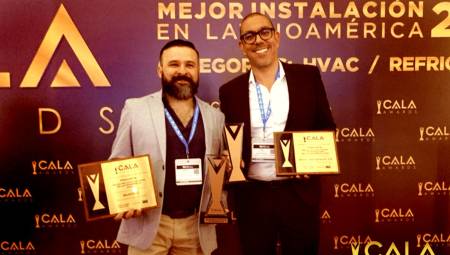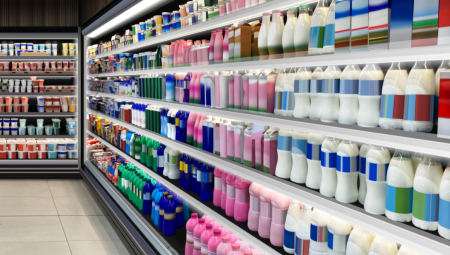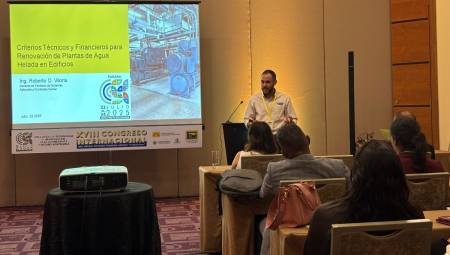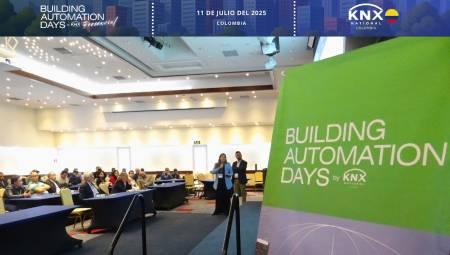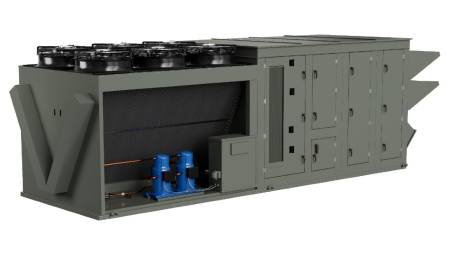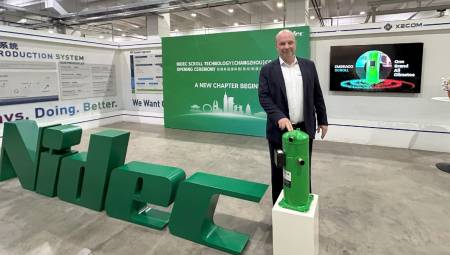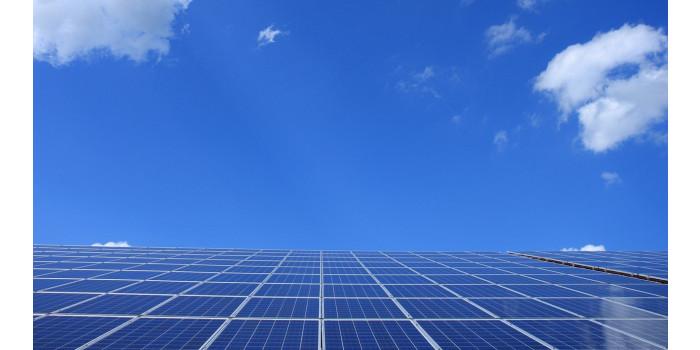 International. The world is set to build fewer wind turbines, solar plants and other facilities producing renewable electricity this year due to the impact of the Covid-19 crisis, which marks the first annual decline in new additions in 20 years, according to the International Energy Agency. But its growth is expected to resume next year, as most of the delayed projects are brought online and represent a continuation of supportive government policies.
International. The world is set to build fewer wind turbines, solar plants and other facilities producing renewable electricity this year due to the impact of the Covid-19 crisis, which marks the first annual decline in new additions in 20 years, according to the International Energy Agency. But its growth is expected to resume next year, as most of the delayed projects are brought online and represent a continuation of supportive government policies.
So far, renewable energy sources have shown impressive resilience despite disruptions and changes caused by the coronavirus pandemic, and their share of the electricity mix is increasing in many markets. But the world is set to add 167 GW gigawatts (GW) of renewable energy capacity this year, down 13% from 2019, according to the IEA's Renewable Market Update report, which was released on May 20.
The decrease reflects potential delays in construction activity due to supply chain disruptions, closure measures and social distancing guidelines, as well as emerging financial challenges. But despite slowing new additions, global renewable energy capacity is still growing by 6% in 2020, surpassing the total energy capacity of North America and Europe combined.
Next year, renewable energy additions are forecast to recover to the level reached in 2019, with significant support coming from the partial commissioning of two mega hydropower projects in China. But despite the rebound, growth for 2020 and 2021 combined is expected to be 10% lower than what the IEA had previously forecast before the coronavirus outbreak. Almost all mature markets are affected by downward revisions, except the United States, where investors are rushing to finish projects before tax credits expire. After exceptional growth last year, New Additions from Europe will fall by a third in 2020, their biggest annual decline since 1996. A partial recovery is expected next year.
"The resilience of renewable electricity to the impacts of the Covid-19 crisis is good news, but it cannot be taken for granted," said Dr Fatih Birol, Executive Director of the IEA. "Countries continue to build new wind turbines and solar plants, but at a much slower pace. Even before the Covid-19 pandemic occurred, the world needed to significantly accelerate the deployment of renewables to have a chance to meet its energy and climate goals. Amid today's extraordinary economic and health challenges, governments must not lose sight of the essential task of accelerating clean energy transitions to enable us to emerge from the crisis on a safe and sustainable path."
Solar PV accounts for more than half of the projected expansion in renewable energy in 2020 and 2021, but its additions decline from 110 GW in 2019 to more than 90 GW in 2020. Large-scale solar PV projects are expected to recover in 2021, but overall installations are unlikely to exceed 2019 levels. This is due to a significantly slower recovery of distributed solar PV as households and small businesses review investment plans.
Delays in commissioning caused by the Covid-19 crisis have slowed the pace of onshore wind installations this year, but should mostly be compensated in 2021, as most ongoing projects are already funded and under construction. However, uncertainty remains about the projects that had planned to secure funding this year and will become operational next year. The impact of the crisis on offshore wind deployment will remain limited in 2020 and 2021, as offshore projects have longer construction periods than onshore ones.
The impact of the coronavirus pandemic on renewables extends far beyond the electricity sector. Successful transitions to clean energy will also require the decarbonisation of the rest of the economy, including fuels for transport and heating buildings.
The Covid-19 crisis has radically changed the global context of biofuels, which are a key element in the shift towards more sustainable transport. The sharp drop in demand for gasoline and diesel also hurts biofuel consumption driven by policies that require suppliers to combine a fixed amount of biofuels with fossil fuels for transportation. The production of biofuels for transport is now expected to contract by 13% in 2020. If there is a rebound in demand for transport fuel in 2021, biofuel production could return to 2019 levels, but it would still be lower than the IEA's pre-pandemic forecast.
The consumption of renewable energy for heating will also decrease in 2020. The recent drop in oil and gas prices is hurting the competitiveness of renewable fuels and technologies that provide heating. Many planned investments to move from fossil fuel heating to renewable or electric alternatives are likely to be postponed or cancelled unless governments introduce greater political support.
Source: International Energy Agency.



